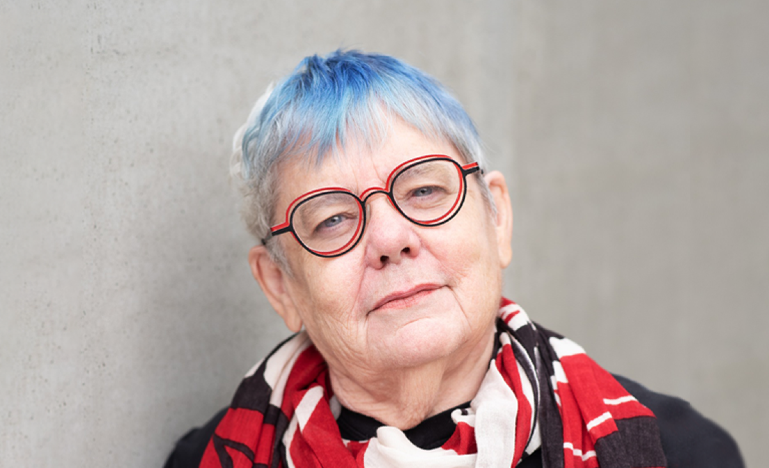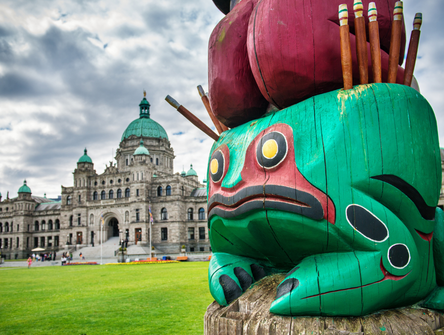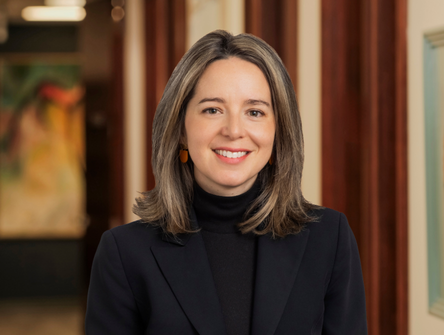Lawyers against transphobia
British Columbia lawyers want to organize a rapid-response team.

Members of the legal profession have always been there to defend human rights, and they are needed more than ever in support of queer and trans persons in Canada. As British Columbia lawyers barbara findlay, KC, Glen Straton and Nico McKay explained in a recent virtual presentation, Recognizing Hatred in our Backyard, at least 32 transgender and gender non-conforming people were killed in the United States last year. It's why they are calling for a legal rapid-response team for activists and allies who need assistance defending trans rights in the face of rising intolerance.
In the U.S., the number of transphobic bills introduced in 49 of the 50 states has reached 574, as of this writing. So far, 83 of those bills have passed and 125 have failed, with 366 still active. Canadians might be tempted to think human rights are better protected than south of the border, says findlay, but "Canada is not exempt."
"We're seeing a truly alarming rise in transphobia, and explicitly anti-trans legislation and policies being adopted across North America," McKay explained, including proposed school policies being discussed in New Brunswick, Saskatchewan and Ontario, as well as the September 20 nationwide anti-trans protests that are "evidence that Canada unfortunately is not immune to this backlash moment that we're in."
In a September statement, John Stefaniuk, President of the Canadian Bar Association, highlighted a concerning trend revealed by Statistics Canada — a 64% surge in reported hate crimes driven by sexual orientation between 2020 and 2021. There was also a notable uptick in incidents involving harassment, intimidation, threats of violence, the spread of misinformation, and hate-motivated protests across Canada, targeting primarily gender-inclusive public facilities hosting gender-neutral washrooms and events like drag story time. "Many members of the 2SLGBTQI+ community currently do not feel safe," the statement read.
As findlay explained, lawyers have a unique role that extends beyond litigation; they also play a crucial part in educating others. "We as lawyers have a very particular role to uphold the values of equality that are embedded in our Constitution," she said. "That means recognizing 'the nature of the problem as not being incident after incident, but instead being part of a movement, to take leadership from trans people to educate the public, and to take steps to litigate for equality'."
She's confident the legal profession "stands firmly and strongly against violation of the rights of queer and trans people." She has decided to create a roster of people willing to support "people impacted by transphobic actions, for example, drag queen story hours." What can institutions like libraries do to prevent those events from being disrupted? What recourses do drag queens have when they are being assaulted or harassed? Those are key questions legal professions need to help people with, said findley.
In addition, there is a need to make both the profession and the larger public aware that transphobic incidents are not isolated actions by a few misguided people. In addition, Findlay emphasized the need to raise awareness within both the legal profession and the broader public that incidents of transphobia are not simply isolated actions by a few individuals. They are part of what findlay calls a concerted campaign "which requires our urgent reaction."
Lawyers who are not already members of the CBA's Sexual and Gender Identity Alliance Section are encouraged to join and get involved in the defence of trans rights.


